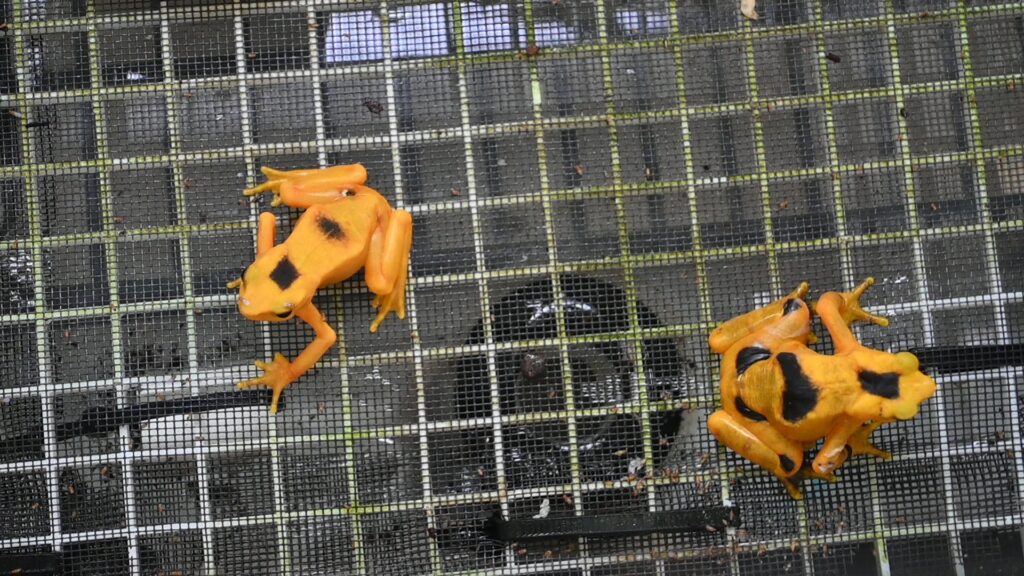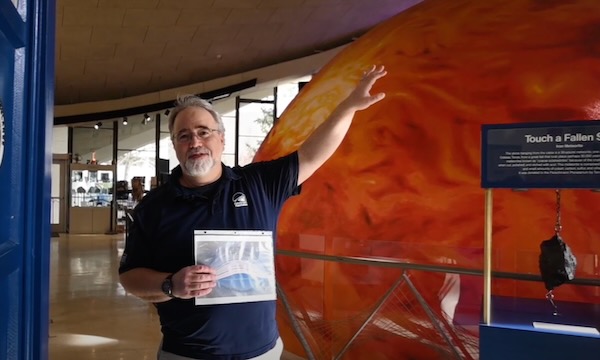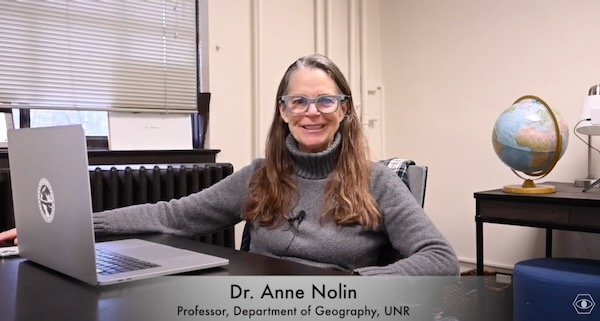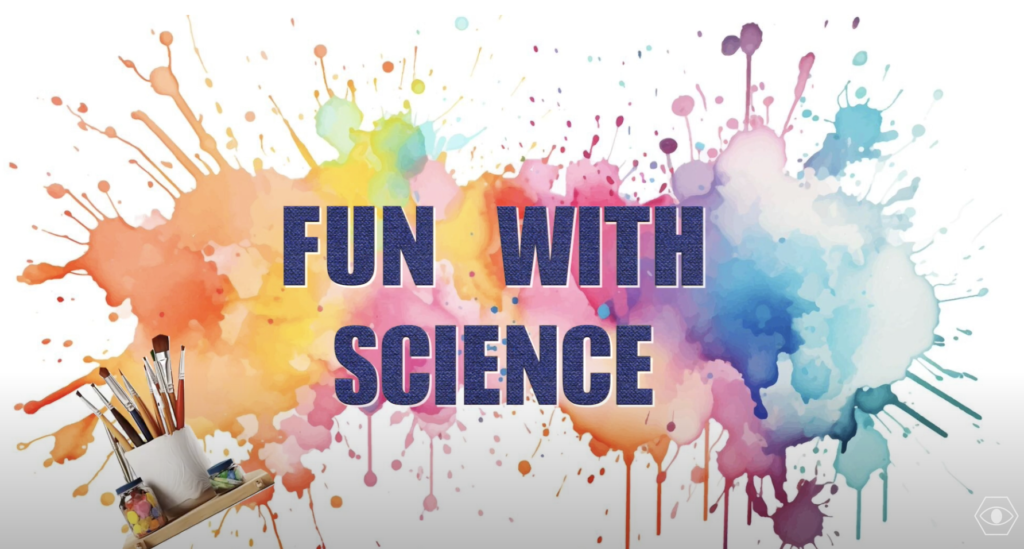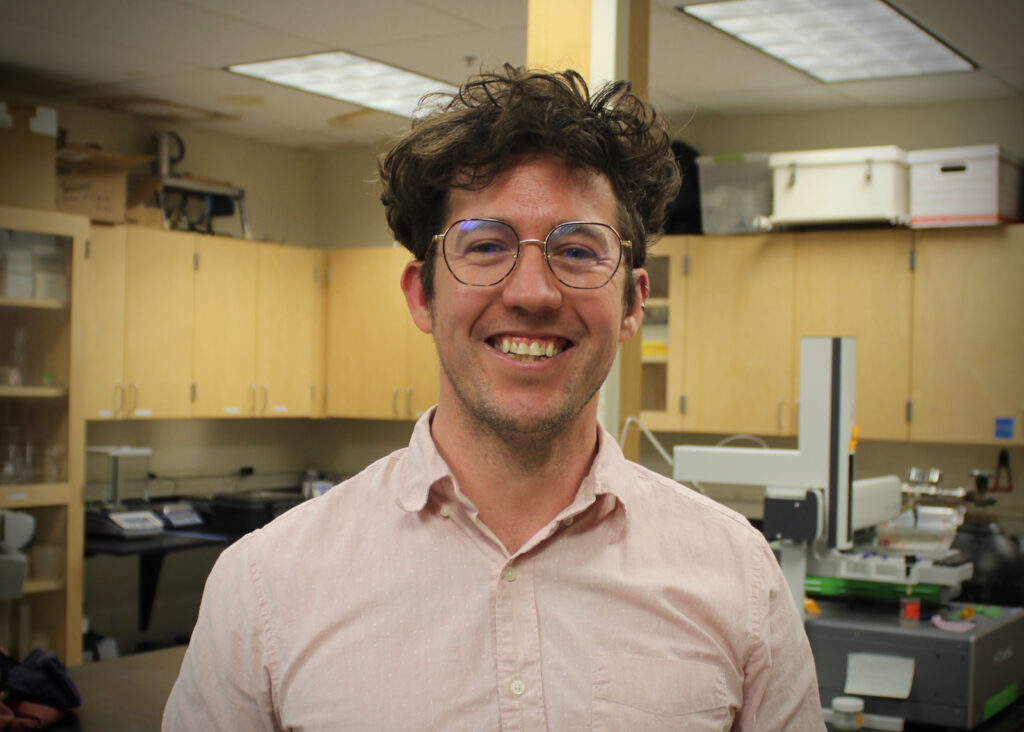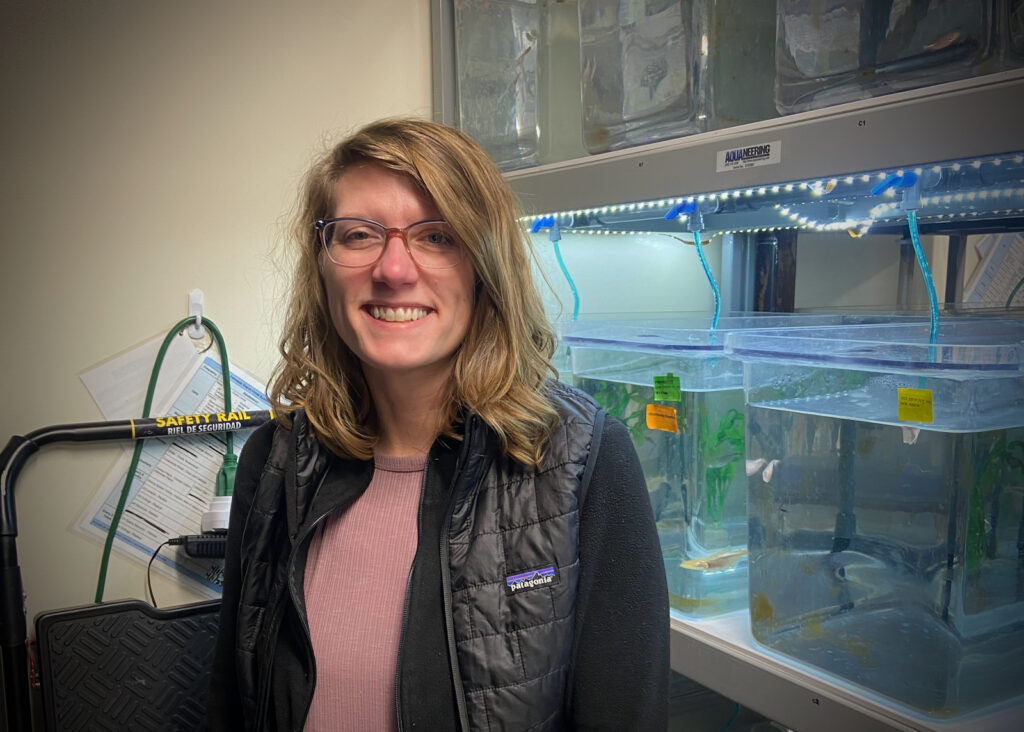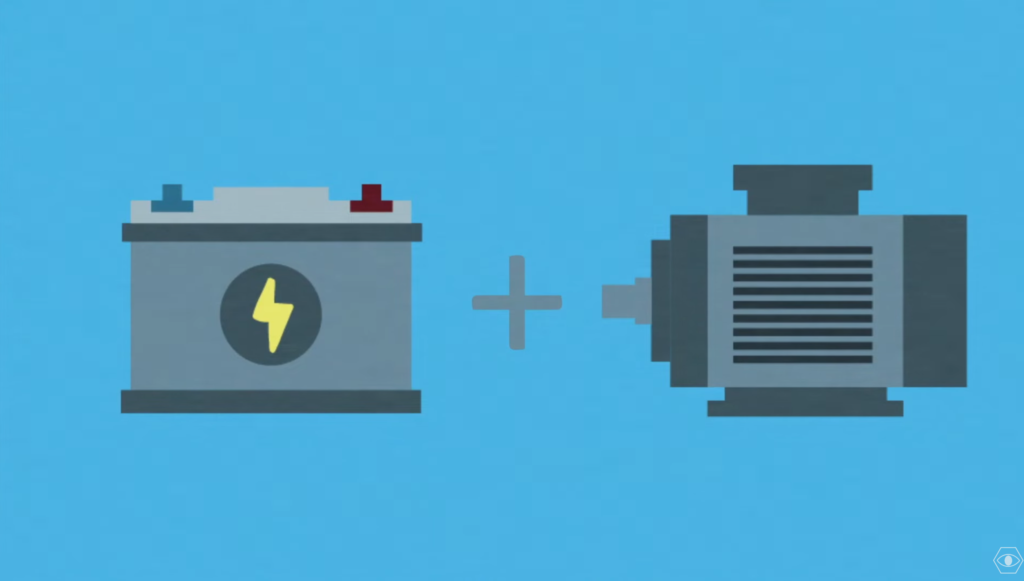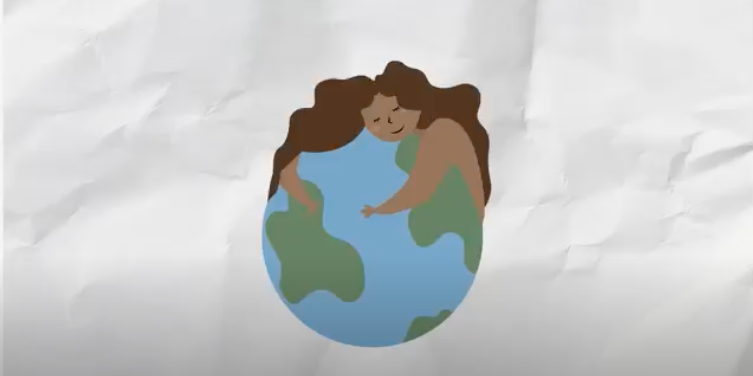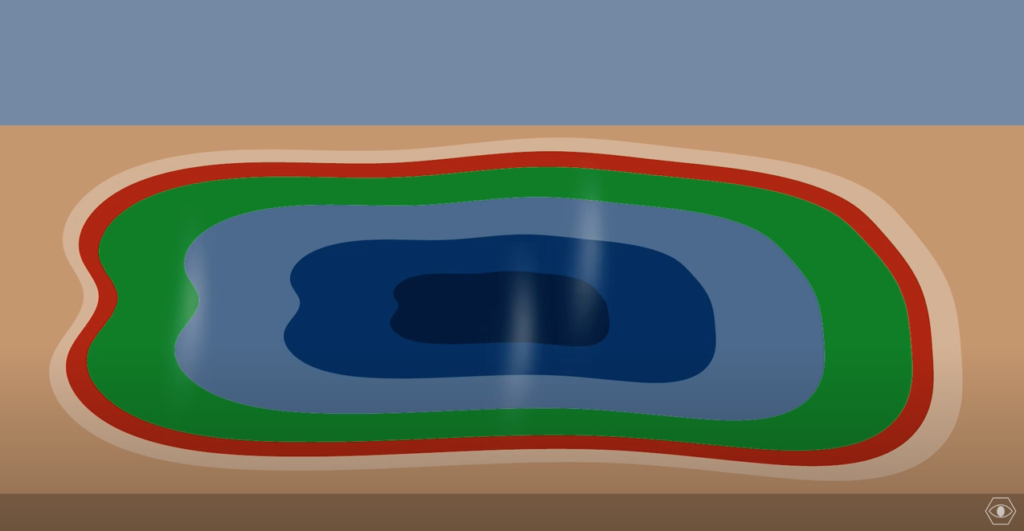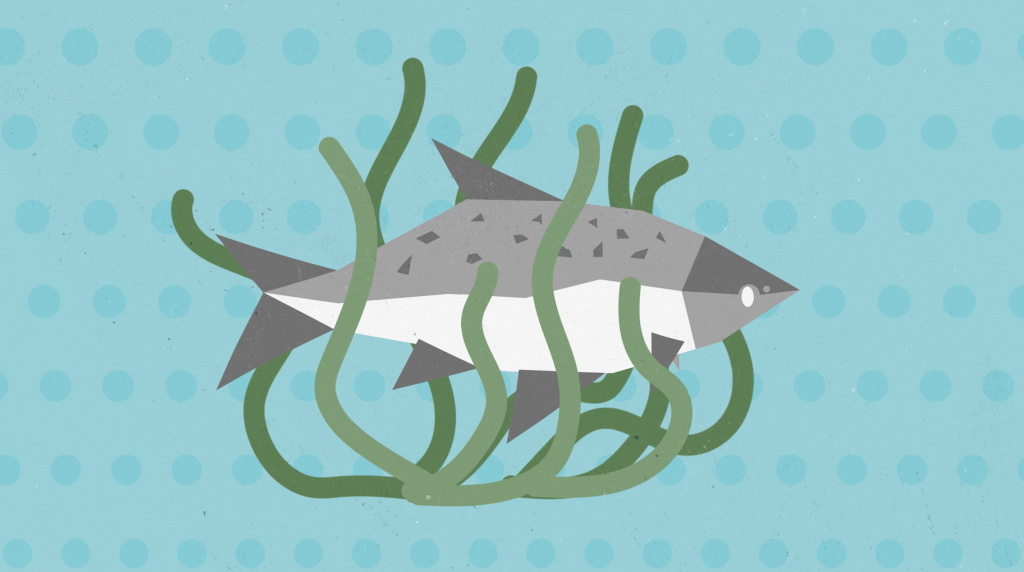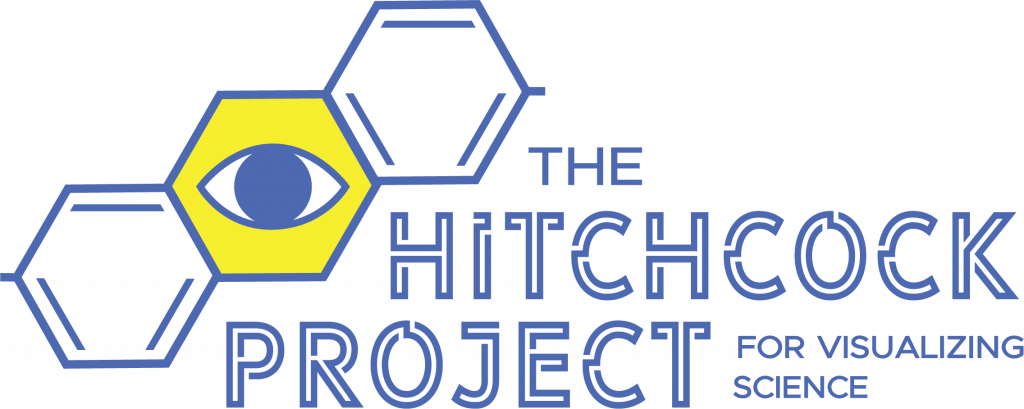Science News For Nevada
The Hitchcock Project has partnered with KUNR Public Radio to support increased science news coverage in Nevada.
NEWS
A team of scientists from the University of Nevada, Reno, travel to El Valle de Antón, Panama, for ongoing research on a pathogen killing different amphibian populations. By Vanesa de la Cruz Pavas.
With help from citizens with smartphones, Reno scientists are learning the secrets of winter storms. By Sydney Peerman.
VIDEOS
Did you know UNR's planetarium is built in the shape of a hyperbolic paraboloid - similar to a potato chip? Learn more fun facts with director Paul McFarlane! By Jayanti Sarkar.
Climate change is all around us! UNR's Anne Nolin helps us understand the complex interactions at play in western mountain ecosystems - and how to talk about it. By Jayanti Sarkar.
Did you know that “neon lights” do not necessarily contain neon gas? In this video, neon artist Jeff Johnson describes the various gasses used to create the colorful neon lights we see across Nevada. By Jayanti Sarkar.
Rare plants in Nevada, like the Carson Valley monkey flower, are being bulldozed into extinction as the state's population increases. By Elizabeth Walsh.
Should a dog be deemed aggressive, based solely on its breed? The state of Nevada doesn't think so. By Amanda Durand.
Scott Allen, Ph.D., shares a bit about his research regarding the interactions of water, carbon, and radiation with different ecosystems. By Sydney Peerman.
Misty Riddle, Ph.D., assistant professor at UNR and founder of The Riddle Labratory, explains the evolution of the Mexican tetra fish. By Elizabeth Walsh.
Featured PROJECTS
Previous slide
Next slide
ANIMATED EXPLAINERS

About the Hitchcock Project
The Mick Hitchcock, Ph.D., Project for Visualizing Science is an entrepreneurial initiative to prepare students, professionals and scientists to present science in visual, creative forms. The project was established through a gift from biochemist and philanthropist Mick Hitchcock, Ph.D., in 2018.

